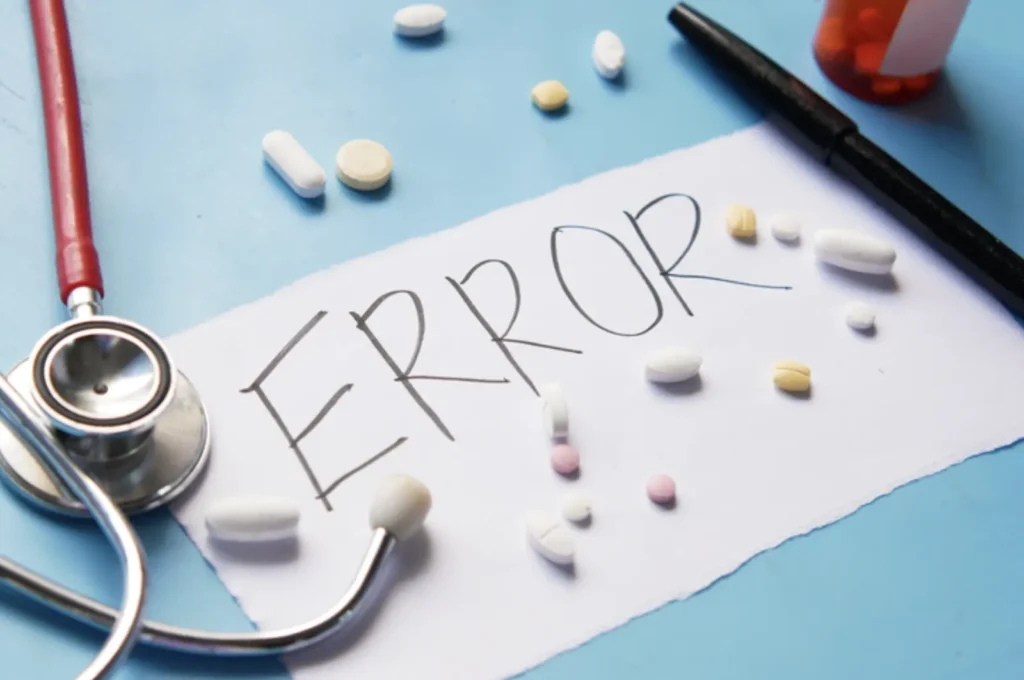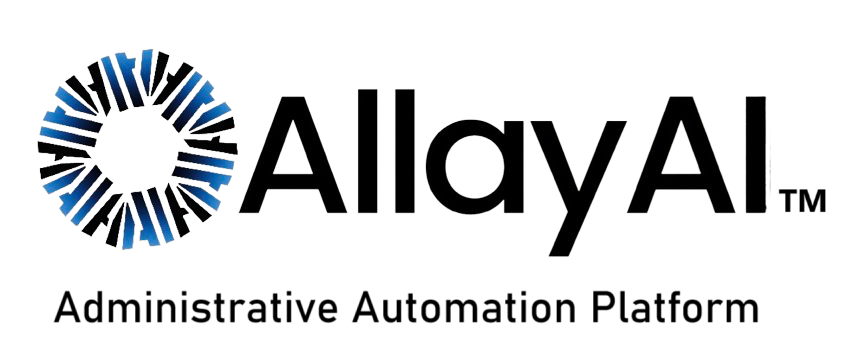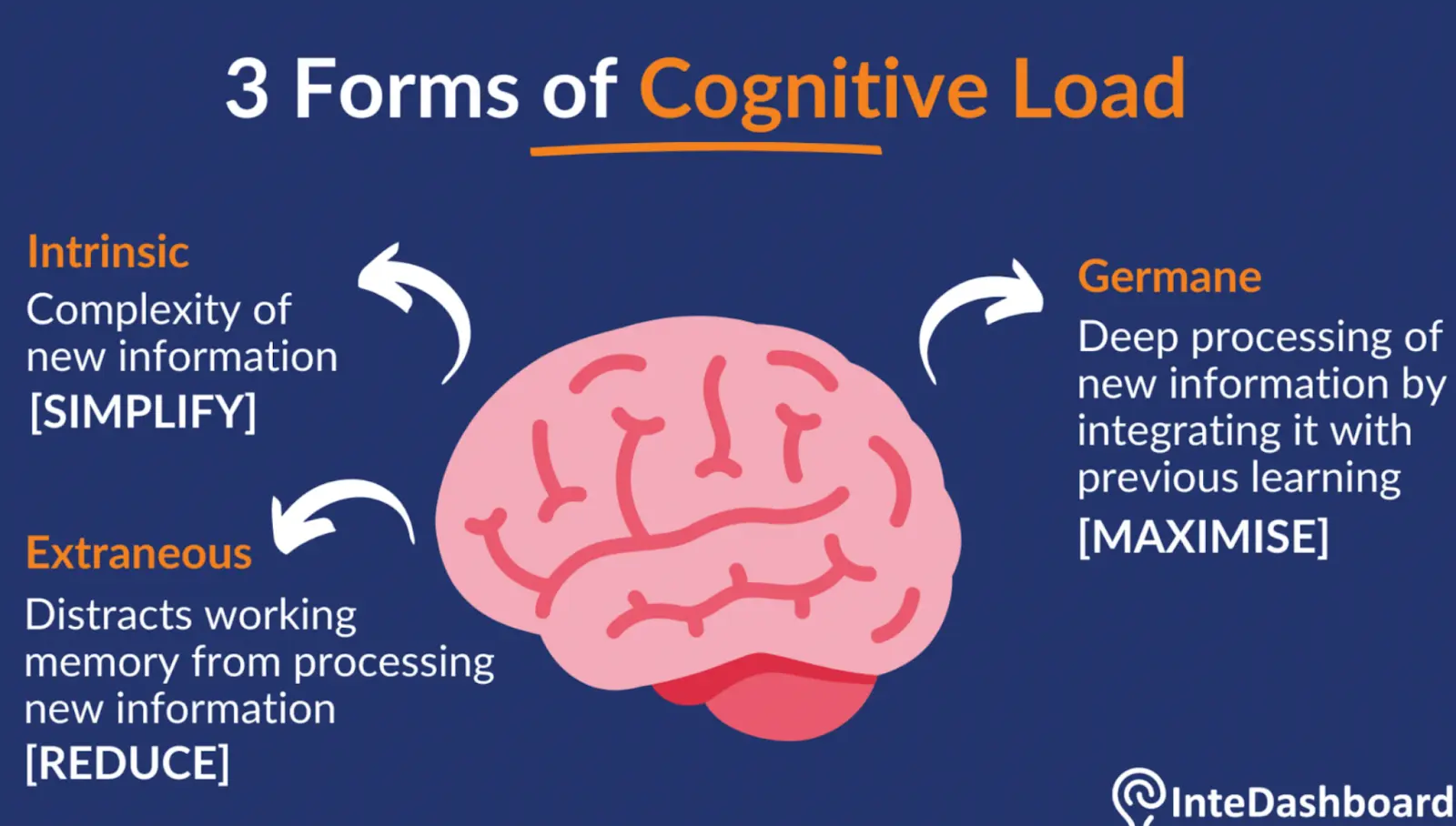Doctors are trained to handle a lot: high-pressure decisions, emotionally charged conversations, complex cases. But there’s one thing that often goes unseen, even though it affects every single patient encounter, cognitive load.
It’s the mental juggling act physicians do every day: keeping track of symptoms, updating charts, translating language, remembering follow-ups, and trying to stay present all at once. And when the brain has too much on its plate, something has to give.
So, what exactly is cognitive load?
Cognitive load is basically how much mental effort your brain is using at any one time. In medicine, that load is heavy. Doctors have to listen carefully, process what’s being said, decide what it means, document it accurately, and often, do all of this in real time with someone who speaks a different language.
There are actually three forms of cognitive load:
- Intrinsic load, which relates to the complexity of the information itself, like trying to understand a rare or unfamiliar condition
- Extraneous load, which comes from unnecessary distractions, like clunky software or repetitive admin work, that interrupt the thinking process
- Germane load, which is the good kind, it’s the deep processing that helps integrate new information with prior knowledge. This is where learning and expertise grow
The goal in healthcare should be to simplify intrinsic load, reduce extraneous load, and maximize germane load, so that physicians can focus their energy on what matters most: their clinical judgment and their patients.
It’s not just multitasking, it’s mission-critical multitasking. And the more things doctors have to think about simultaneously, the more likely they are to feel overwhelmed, make mistakes, or miss something important.
In fact, the American Medical Association found that even a 10% drop in task load led to a 33% decrease in burnout risk. That’s a huge difference for such a small shift.
What happens when the brain is overloaded?
When doctors are stretched thin mentally, it shows, not just in how they feel, but in how care is delivered. Overload has been linked to:
- More medical errors
- Slower or missed diagnoses
- Less empathetic communication
- Higher stress and burnout
It’s not because doctors aren’t trying, it’s because they’re trying to do everything at once, and it’s just not sustainable.

What’s adding to the pressure?
There are a few usual suspects:
- EHR systems that are hard to navigate
- Endless documentation and billing requirements
- Jumping between patients with different needs
- Trying to stay up to date on the latest research
- Language barriers that make every sentence a puzzle
- And long, unpredictable hours that push doctors to their limits
Some physicians spend eight hours or more in the operating room, fully focused, with no time to mentally reset before jumping into post-op notes, follow-up calls, or the next patient on the schedule. Others finish a long clinic day and then head home, only to open their laptop after dinner to catch up on charting and emails, often relying on memory to recreate what patients said earlier in the day. It’s a mental rewind, hours after the fact, when energy is low and details can blur.
It’s not just the physical fatigue. It’s the mental exhaustion from switching tasks nonstop, making high-stakes decisions, and trying to do it all with compassion and clarity.
And for providers who care for diverse populations, the cognitive load climbs even higher. Trying to understand a patient through a language barrier, while diagnosing and documenting, adds even more strain. Every sentence becomes a small puzzle, and every missed word a possible risk.
This is where tools like AllayAI come in
AllayAI was built to take some of that weight off. It is best ai medical scribe that listens during the visit, transcribes automatically, and even translates in real time. Instead of doctors doing the mental backflips to capture every detail and navigate language differences, AllayAI does it in the background, quietly and seamlessly.
As Dr. Abbass Khurram, a rheumatologist at El Camino Health Medical Network, puts it, “AllayAI transformed medical documentation for me by saving time, enhancing accuracy, and letting me focus on what truly matters to me, patient care.”
That means fewer distractions. Fewer things to remember. And more mental capacity to actually listen.
Why this matters
Burnout isn’t just about long shifts and low reimbursements. It’s about the constant mental weight of being a doctor today: the clicks, the notes, the translations, the nonstop processing, the physical and emotional toll of hours spent in surgery or catching up late into the night. And the truth is, that kind of mental stress takes away from what makes great medicine possible: clear thinking, human connection, and empathy.
So if we want to support better care, we have to start supporting the people delivering it. That’s what AllayAI offers. And sometimes, that little bit of help makes all the difference, for both doctors and their patients.



